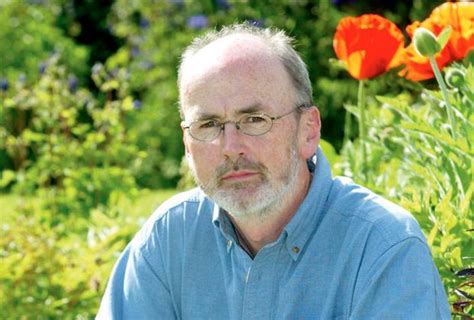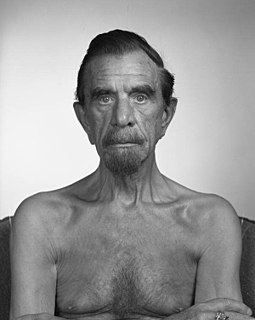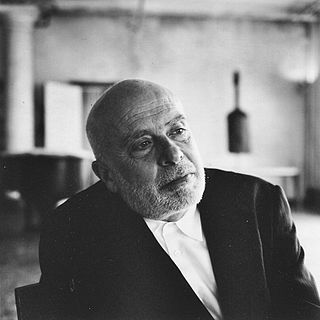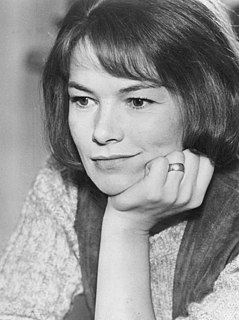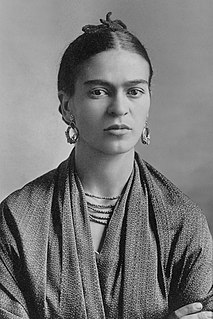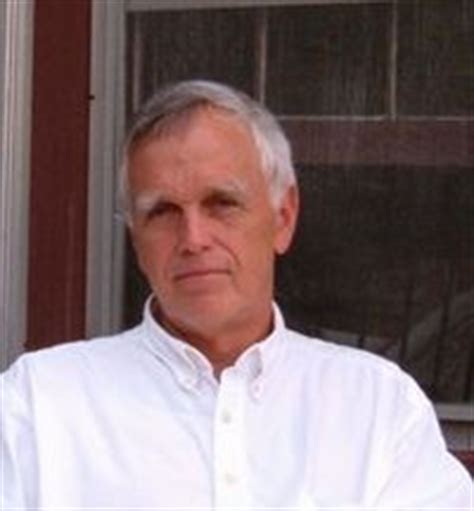A Quote by Niall Williams
All writers are waiting for replies. That’s what I’ve learned. Maybe all human beings are
Quote Topics
Related Quotes
One of the things that I tell beginning writers is this: If you describe a landscape, or a cityscape, or a seascape, always be sure to put a human figure somewhere in the scene. Why? Because readers are human beings, mostly interested in human beings. People are humanists. Most of them are humanists, that is.
A person is a person through other persons. None of us comes into the world fully formed. We would not know how to think, or walk, or speak, or behave as human beings unless we learned it from other human beings. We need other human beings in order to be human. I am because other people are. A person is entitled to a stable community life, and the first of these communities is the family.
I am not attracted to writers by style. What style do Dickens, Grass, and Vonnegut have in common? How silly! I am attracted to what makes them angry, what makes them passionate, what outrages them, what they applaud and find sympathetic in human beings and what they detest about human beings, too. They are writers of great emotional range.
Please stop waiting for a better and more appropriate time to become happy and focus on the moment you live in. Happiness is not an arrival, it is the journey itself. Many people seek for happiness above the height of human beings, some below. Yet, happiness is exactly at the exact height of human beings.
I learned from the Macarturos. I had never been at a table with a labor organizer and a playwright and a performance artist and an anthropologist and a human rights lawyer. Usually at most gatherings, it's all writers. But suddenly I was at a table with all these different people and I learned from each of them, learned from the work they're doing, learned new ways to solve my problems.
